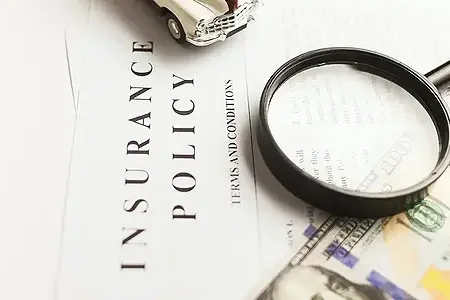Protect your belongings
By MAS Team
Last updated 19 December 2022
Contents insurance is a great safety net if your belongings are damaged, lost, or stolen – but no one wants to have to use it. Here are a few things you can do to protect your possessions and give you peace of mind.
Home security systems help keep your property safe in more ways than one. While a screaming house alarm may stop burglars in their tracks, just the presence of an alarm can also prevent burglaries before they happen.
Reports suggest homes with burglar alarms on the premises are nearly half as likely to get burgled compared to homes without alarms. There’s evidence suggesting most burglars check if a house is alarmed before attempting a burglary and that many would abandon an attempt if they noticed an alarm. So while just having a visible burglar alarm at home could make you less likely to be the victim of a burglary, make sure you’re actually activating your alarm too.

There are lots of ways you can help protect your home while you’re away. Before you head off, have a chat with your neighbours so they know your plans, and can keep an eye on your place – you can return the favour when they take a holiday. Remember to swap contact details so if something goes wrong, they are able to get hold of you.
It’s also a good idea to make an effort to have a tidy house when you leave on holiday. Not only will you thank yourself on your return, but if there is a break-in while you’re away, this makes it much easier to notice what isn’t in the right place and what has gone missing.
Also, remember to keep your valuables out of sight so burglars don’t view your home as an easy opportunity, especially when you’re away for a longer break or a summer holiday. It’s smart to invest in good quality locks for your doors, windows and garage, and security stays on windows. And make sure you switch on that burglar alarm on your way out the door.
If you have some really special items that need extra protection, it could be worthwhile to get a safe to keep them in, and make sure any high-value items are itemised on your contents insurance policy too.
If you do have the bad luck of being burgled while away, knowing what to do if you return home from holiday to a burglary could save you a lot of time and hassle.

These are shaky isles we live in and nowhere is immune from seismic activity, so it’s important to secure heavy furnishings like bookshelves and entertainment units to the walls. This will stop them from falling over in an earthquake, causing more damage to your property or worse, injuring you or your whānau.
Anything that’s tall or heavy should be secured – think fridges and freezers, freestanding wood burners, and televisions. Toka Tū Ake EQC has some great advice on how to secure these big items.
Even small household items can end up making quite a mess in the event of a big shake. A handy tip is applying an adhesive like Blu Tack or Quake Wax to the base of fragile objects to help keep them in place. It’s also important to use appropriate hooks for frames, mirrors and artworks to prevent them from falling off the walls.

Online identity theft is a growing issue that causes personal distress and financial loss, and there’s evidence that cyber crime is on the rise. Not only can criminals use your information for fraudulent activities, but they might also on-sell your information to others, leading to even more problems.
It’s important to protect your computer, phone and personal information to make sure your personal information and finances aren’t compromised. Make sure to create strong passwords and use two-factor authentication when possible.
Antivirus software is one of the best tools you can install on your devices, to protect you from cyber attacks. It's also a good idea to update your apps or software when prompted, as the developers often update and improve the security.
Most importantly, stay vigilant when you’re online. Even for the most savvy internet users, it can be deceptively easy to be targeted by a scammer. If you do receive something that looks suspicious, look carefully at the email’s wording and check if it’s coming from an official account or email address.


Understanding who should own your policy is critical to ensuring the right amount of money goes to the right person at the right time.

The amount you pay for car insurance will come down to factors like how much your car is worth, what type of insurance you want, and your driving history.

In the case of a natural disaster, here are some handy tips to help you and your family stay safe.